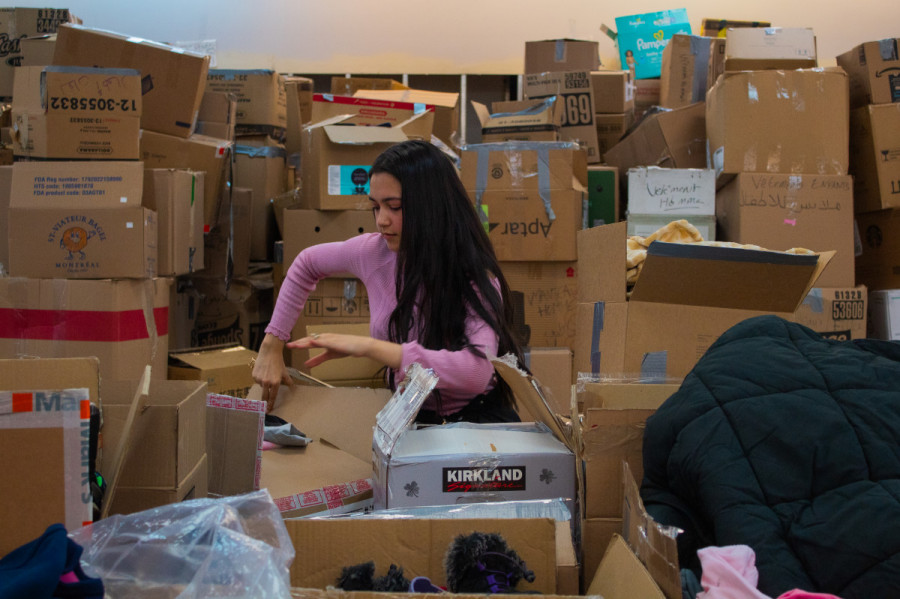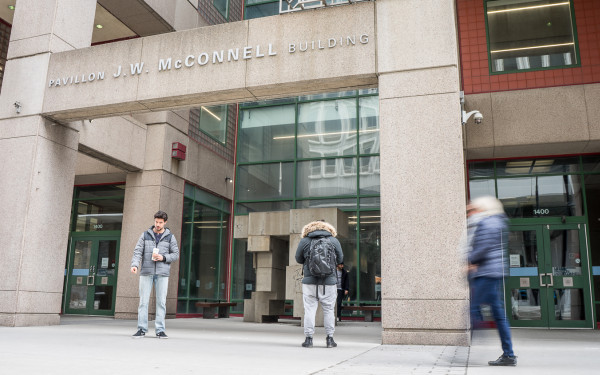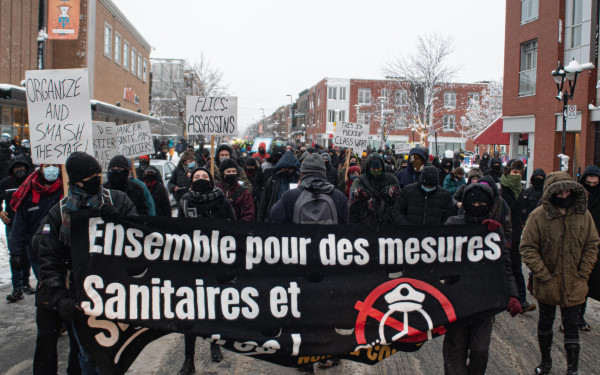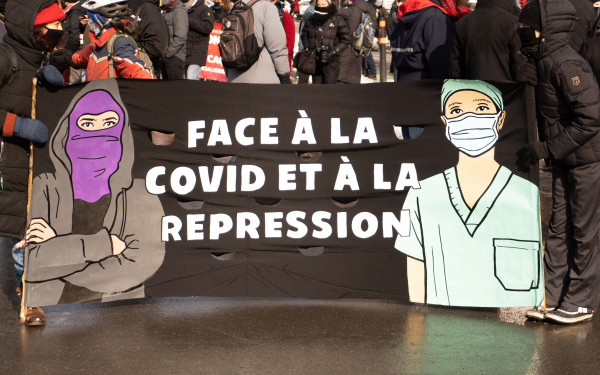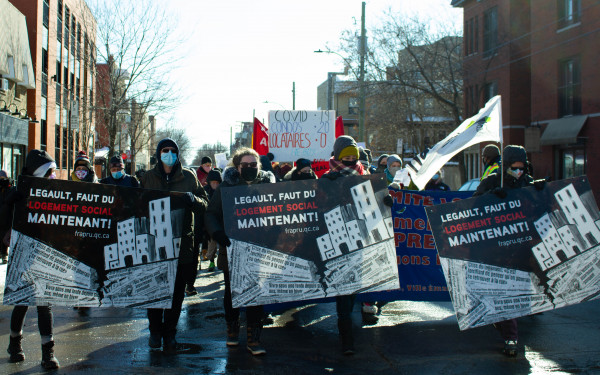Montreal initiatives aid Morocco after devastating earthquake
Montrealers have sprung into action following Morocco’s catastrophic natural disaster
On Sept. 8, Morocco was hit by a magnitude 6.8 earthquake, which has been categorized as the deadliest earthquake to hit the country in over 60 years.
Although many cities felt a tremor, the quake had the greatest impact on the cities of Al Haouz, Chichaoua, Ouarzazate, Azilal, and Taroudant. Around 3,000 people were killed and 5,000 were wounded. With the widespread loss of houses and structures, both financial and material assistance is urgently needed.
The large moroccan-canadian community felt especially impacted by the disaster. According to the Government of Canada’s 2016 census, there are almost 104,000 Moroccans in Canada. The community has rallied together in response to aid their homeland.
Collège LaSalle has had four branches in Morocco (Casablanca, Marrakesh, Rabat, and Tangier) for the last 35 years. The Marrakesh branch was unfortunately affected by the earthquake. Nadia El Hamiri, the CÉGEP’s deputy director of administrative assistance, is spearheading the initiative to donate as many essentials as possible to Morocco. Volunteers have been going through the hundreds of donations they have received in a dedicated space provided by the college.
"Two days ago, it was empty," El Hamiri recalled. Now, the spacious room is filled with 500 packed boxes and a mountain of new donations that have yet to be sorted through. The donations include brand new camping equipment donated from companies as well as old clothes, diapers, and blankets.
Shipping has been a challenge as Collège LaSalle needs to raise funds for shipment fees to send the large quantity of supplies they have acquired.
“It’s a lot. Ten or fifteen thousand dollars for 20 feet [of space],” El Hamiri explained.
The college is planning on using crowdfunding to pay the shipment fees by hosting a cultural event. “We want the Moroccan community, Quebecois, and Canadian citizens to come to this event and to see the Moroccan culture,” El Hamiri said. They intend to sell food and play music as a way of authentically presenting the beauty of Moroccan culture.
For financial donations, Collège LaSalle partnered up with Red Crescent, a worldwide humanitarian organization that assists during catastrophic, conflict, health and social issues. The organization has provided Collège LaSalle with a donation link that directs money to their fund. The college has also pledged to match individual donations up to a total of $25,000 CAD for all donations.” Around $30,600 have been raised so far.
El Hamiri is also working on receiving official permission from the Moroccan government to make sure their donations are not stopped by border authorities.
Rim Ballaoui, a 21-year-old Moroccan student, is gathering donations from her friends and peers and will be bringing them to Collège LaSalle. “I've gathered mostly clothes. Maybe four or five bags of clothes. We're just sorting through that, making sure that we're not donating things that won't be needed,” she said.
However, Ballouai is disappointed with the lack of attention such efforts are getting. “It’s kind of unfortunate that it wasn't really out in the media at all, which is interesting because whenever something like this happens in other countries, donation links and stuff are posted,” she said.
She stressed the importance of spreading awareness of the situation if people are unable to donate.
Ballouai also explained that she expects action from the Canadian government. “Canada rallied and showed that they're capable of helping other countries who are in distress and in need. I just think that they should be able to do that for Morocco, given the really large Moroccan population in Canada,” she said.
The Canadian government announced that it will match any donations up to a maximum of $3 million to the Red Crescent Morocco Earthquake Appeal between Sept. 8 and 28. As a result of that promise, the Moroccan community has made significant efforts to encourage individuals to donate through the Canadian Red Cross.
Although grateful for Canada's generosity, the community has also created a petition requesting that Prime Minister Justin Trudeau extend the deadline. “Given the severity of the damage and the resources required to rebuild the destroyed areas, estimated at just over $15 billion CAD, you [the Prime Minister] should ensure that this request is accepted and translated into action,” the petition reads.
Ali Ouziame, a Moroccan engineer living in Montreal, is part of United for Morocco. The collective was created by a group of Moroccans after the earthquake to help raise awareness and funds. “Within three to five days, we were already launching a big campaign and we partnered with the Red Cross of Canada because it's a very trusted organization,” he explained. The collective’s link has raised around $21,000 so far.
Additionally, the government of Morocco created a website that sends funds directly to the treasury of the kingdom. “That's the link where people should go first,” Ouziame stressed. “This money goes to the government of Morocco and they're going to use it to sponsor, to help, to build.”
Ouziame explained the urgency of the situation, “Winter is coming, and winter is really hard in the mountains in Morocco. That’s the immediate emergency.”
The earthquake also sparked a sense of urgency amongst the community in Montreal. Concordia student, Selma Idrisi, along with other Moroccan peers took the initiative to create a student union at the university.
“We realized that when the earthquake happened, we wanted to raise awareness but there was no place to raise awareness to. We had to create a platform where people could find the link and donate money,” Idrisi explained.
The union is not official yet as it was just created, however, its four members are currently working on legitimizing it.
The union's vision goes beyond aid for the earthquake. They plan on bringing Moroccan students together. “We want to embrace our culture and keep it going through the university,” said Idrisi. “Have a safe place for all the Moroccans to join and feel at home, even though we are thousands of kilometers away.”

